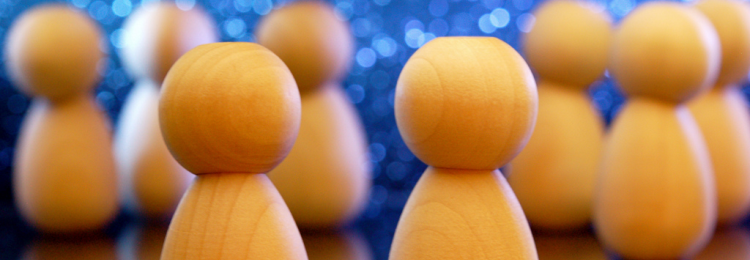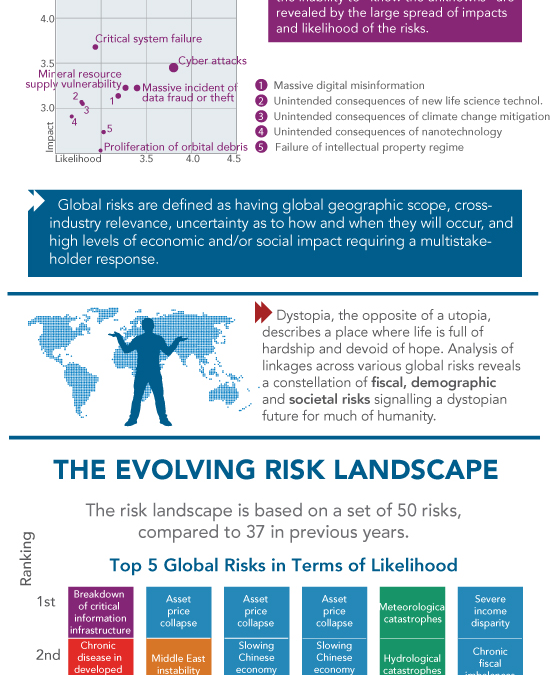
What Is Flow Experience? Can We Help Each Other Experience Flow More Often Than What Is Described Here?
When you are really involved in this completely engaging process of creating something new, you do not have enough attention left over to monitor how your body feels, or your problems at home. You cannot feel even that you’re hungry or tired. Your body disappears, your identity disappears from your consciousness, because you don’t have enough attention, like none of us do, to really do well something that requires a lot of concentration, and at the same time to feel that you exist. So existence is temporarily suspended. This automatic, spontaneous process that is being described can only happen to someone who is very well trained and who has developed technique. And it has become a kind of a truism in the study of creativity that you cannot be creating anything with less than 10 years of technical-knowledge immersion in a particular field. Whether it is mathematics or music, it takes that long to be able to begin to change something in a way that it is better than what was there before. Now, when that happens, he says the music just flows out. This is the flow experience, and it happens in different realms. –Mihaly Csikszentmihalyi in the TED Talk “Flow, The Secret to Happiness.” All quotes in this post are from this TED talk, which can be viewed also at the bottom of this post. Flow Experience for a Poet For instance, a poet describes it in this form. This is by a student of mine who interviewed some of the leading writers and poets in the United States. And it describes the same effortless, spontaneous...
12 Ways Positive Social Connections in the Workplace Increases Business Success
1) More Positive Emotions = More Productivity & Creativity Whether we looked at entrepreneurial startups or large, established enterprises, the same holds true: People are more productive and creative when they have more positive emotions. –Teresa Amabile and Steven Kramer, The Progress Principle: Using Small Wins to Ignite Joy, Engagement, and Creativity at Work, 2011. 2) Negative Emotions Have the Opposite Effect We find that human happiness has large and positive causal effects on productivity. Positive emotions appear to invigorate human beings, while negative emotions have the opposite effect. –Economist Team led by Andrew Oswald, Warwick Business School, July 2010, in “A New Happiness Equation: Worker + Happiness = Improved Productivity.” 3) Positive Workplace Interactions = Improved Employee Health Positive social interactions at work have been shown to boost employee health, e.g. by lowering heart rate and blood pressure, and by strengthening the immune system. Happy employees also make for a more congenial workplace and improved customer service. Employees in positive moods are more willing to help peers and to provide customer service on their own accord. What’s more, compassionate, friendly, and supportive co-workers tend to build higher-quality relationships with others at work. In doing so, they boost co-workers’ productivity levels and increase coworkers’ feeling of social connection, as well as their commitment to the workplace and their levels of engagement with their job. –Emma Seppala, “Why Compassion in Business Makes Sense,” Greater Good Science Center at UC Berkeley, April 2013. 4) Business Success Depends on Empathetic Leaders Business success depends on empathetic leaders who are able to adapt, build on the strengths around them, and...
15 Reasons Why More Positive Social Connections are Good for Your Health
Health is a state of complete physical, mental and social well-being and not merely the absence of disease or infirmity. —The World Health Organization’s Definition of Health 1) The Problem of Overseeing the Importance of Social Connection We often do not recognize the importance of social connection. Our culture values hard work, success, and wealth, so it’s no surprise some of us do not set aside enough time for social ties when we think security lies in material things rather than other people.¹ 2) The Problem of Loneliness Olds and Schwartz (Associate Clinical Professors of Psychiatry at Harvard Medical School) argue in The Lonely American that loneliness is often mistaken for depression. Instead of connecting with others, we consume a pill. Being lonely is outside of our individualistic world view so we don’t even see it as a problem. ¹ 3) More Social Connection = More Active Democracy Harvard’s Robert Putnam writes about social capital in his book, Bowling Alone, and shows how social ties are not only important for personal well-being, but also for our democracy. To paraphrase Putnam, “the culture in which people talk to each other over the back fence is the culture in which people vote.” Apparently, when you feel part of a group, you’re more likely to contribute to it — such as by voting. ¹ 4) Social Connection Is Central to Progressive Social Change UC Berkeley’s George Lakoff has said that we can only bring about progressive social change by evoking empathy. You can’t get people to change by loading them up with facts or shaking your finger at them. You...
Four Quotes from the Four Horsemen Documentary to Inspire Support, Love, Assistance & Cooperation
1. We Can Be the Best Source of Support, Love, Assistance & Cooperation In any species, in almost any animal, there is always the potential for huge conflict, because with any species, all members of that species have the same needs. So they might fight each other for food, shelter, nest sites, territory, sexual partners, all those kinds of things. But human beings have always had the other possibility. We have the possibility to be the best source of support, love, assistance and cooperation, much more so than any other animal… and so other people can be the best or the worst. You can be my worst rival, or my best source of support. “Four Horsemen – Feature Documentary – Official Version.” 1:07:27 – 1:08:10 2. What Really Makes Us Happy? What’s really suffered is human relationships, family life, the things that really matter to us. In the end, the only thing that makes human beings happy isn’t money, it’s very clear that you only get marginal gains from wealth. What really makes us happy is other people. It’s our relationships with other people that are really being damaged by the last thirty years. We trust them less; we have less interaction with them; we bond less than ever before; we marry less and marriages are under more threat than ever before, and all the associations that represent permanent unconditional human affection are being eroded or damaged. That’s the real legacy of the last thirty years. In some sense, we’ve got to recover and rehumanize our lives, otherwise not only will they be nasty, brutish and short, but they’ll be...
